Article not found
This article is no longer available. But don't worry—we've gathered other articles that discuss the same topic.
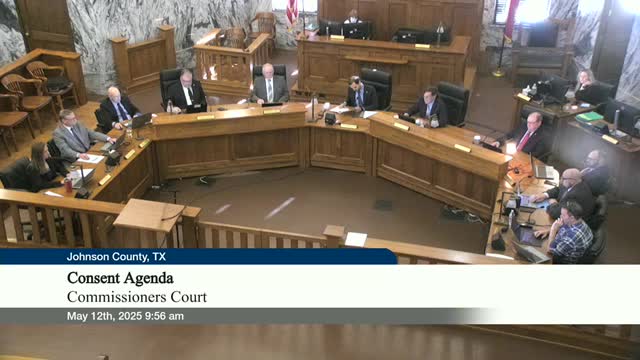
Votes at a glance: Johnson County Commissioners Court — May 12, 2025
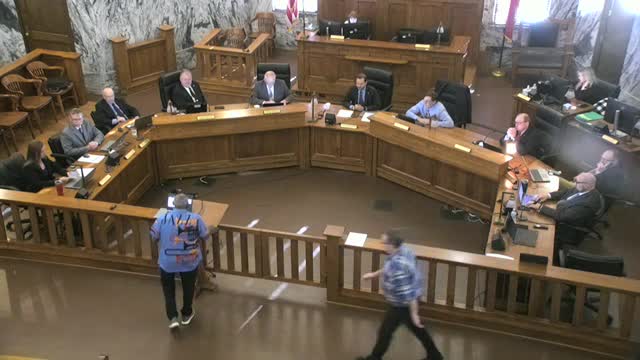
Booker T. Washington alumni, historical commission present photos and plan wall of fame
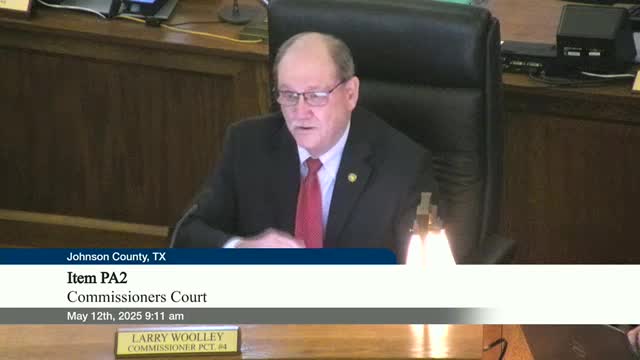
Joshua High 4‑H member warns ranchers about grass tetany, PFAS and rabies
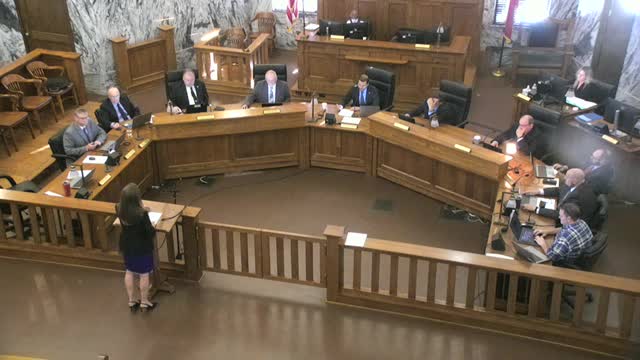
Developers seek variance for concrete cross section at Chisholm Oaks; county engineers and commissioners ask for compromise
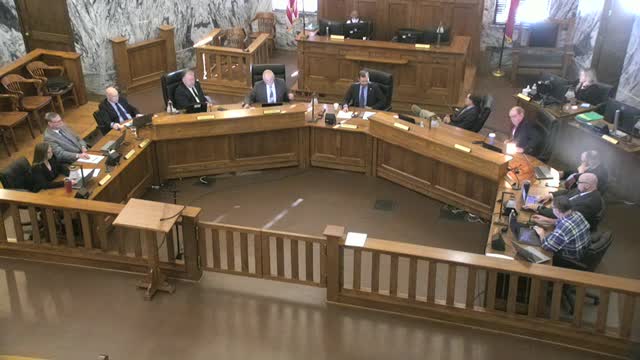
County delays new law‑enforcement dispatch software over officer‑safety bugs
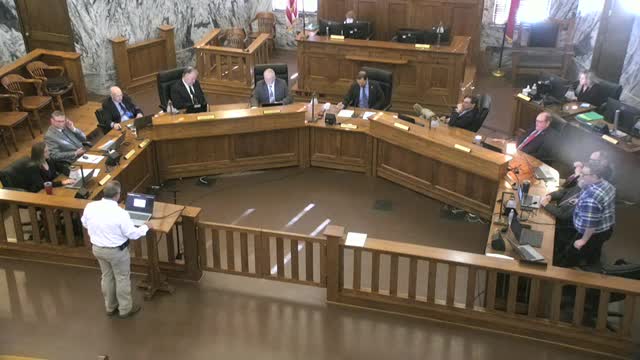
CareFlight reports steady call volume and local partnerships; county seeks solutions to hospital transport distances

